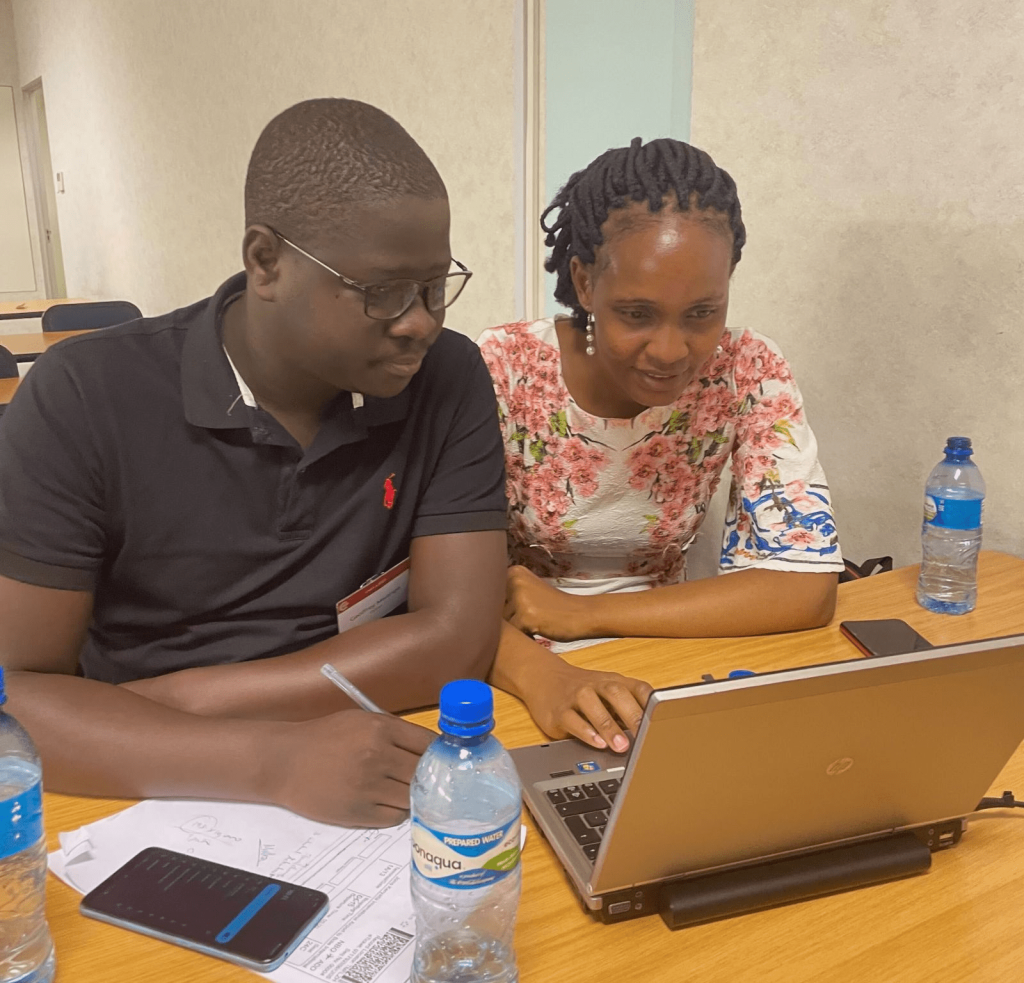IAEA and CCG Create World First in Open-Source Training

The International Atomic Energy Agency (IAEA) and Climate Compatible Growth (CCG) have created a world first by collaborating to share three energy modelling tools as open resources. The IAEA, in line with its ‘Atoms for Peace and Development’ mandate, supports countries in their efforts to use nuclear science and technology to meet their development objectives in areas such as energy, human health, food production, water management, and environmental protection. Climate Compatible Growth is a £39m programme, funded by the UK’s Foreign, Commonwealth and Development Office, which brings together demand-led research, data modelling, academic expertise, and training to support countries in the global south in attracting investment for sustainable development. Its project office is based at Loughborough University.
More than one billion people in the world do not have access to electricity and, as demand grows, there are two challenges: meeting this demand and doing so in a way that does not worsen the climate situation, which is felt particularly keenly in the global south. Fuel-switching, variable renewable energy technologies (such as solar and wind), firm renewable energy technologies (such as bio-fuel, geothermal, and hydro), nuclear, and energy efficiency are key low-carbon technologies that reduce greenhouse gas emissions. The tools being released help countries unpack what options are in their interest and develop a technology-neutral cost-benefit analysis.
Andrii Gritsevskyi, Unit Head of Planning and Capacity Building at the Planning and Economic Studies Section from the IAEA, commented: “Our modelling tools are already used by experts in over 150 countries. We want to share our resources more widely with the energy planning and climate change community. When looking for a partner who could achieve the best impact with these modelling products, we decided on CCG because of their excellent reputation and leading role in training energy professionals in a range of modelling tools”.

Director of CCG, Mark Howells, added: “We are delighted that the IAEA has chosen CCG to broaden access to these valuable modelling tools, which we will do through our capacity building programme. It’s a tremendous vote of confidence in CCG and recognition that we have the expertise and the track record in energy modelling. The technology-neutral perspective these tools bring can only enrich those models and provide more options for developing countries”.
The modelling tools are:
- MAED (Model for Analysis of the Energy Demand) which can be used to analyse the evolution of overall energy demand, including for electricity, in a region or country.
- FINPLAN (Model for Financial Analysis of Electric Sector Expansion Plans) which is designed to evaluate the financial implications of a medium- and long-term electric sector expansion plan in a country or a region.
- EBS (Energy Balance Studio) which can be used for constructing inputs for energy planning models like MAED and to construct an energy balance.
Training courses for the three tools are available now on the Open Learn Create webpage. The courses are free to all, and participants gain a certificate when they complete all the teaching activities.
Additional in-depth training is offered for the three tools during the “Joint Summer School on Modelling Tools for Sustainable Development” in July 2023 at ICTP in Italy. Applications are open on the ICTP website at: https://indico.ictp.it/event/10186.
